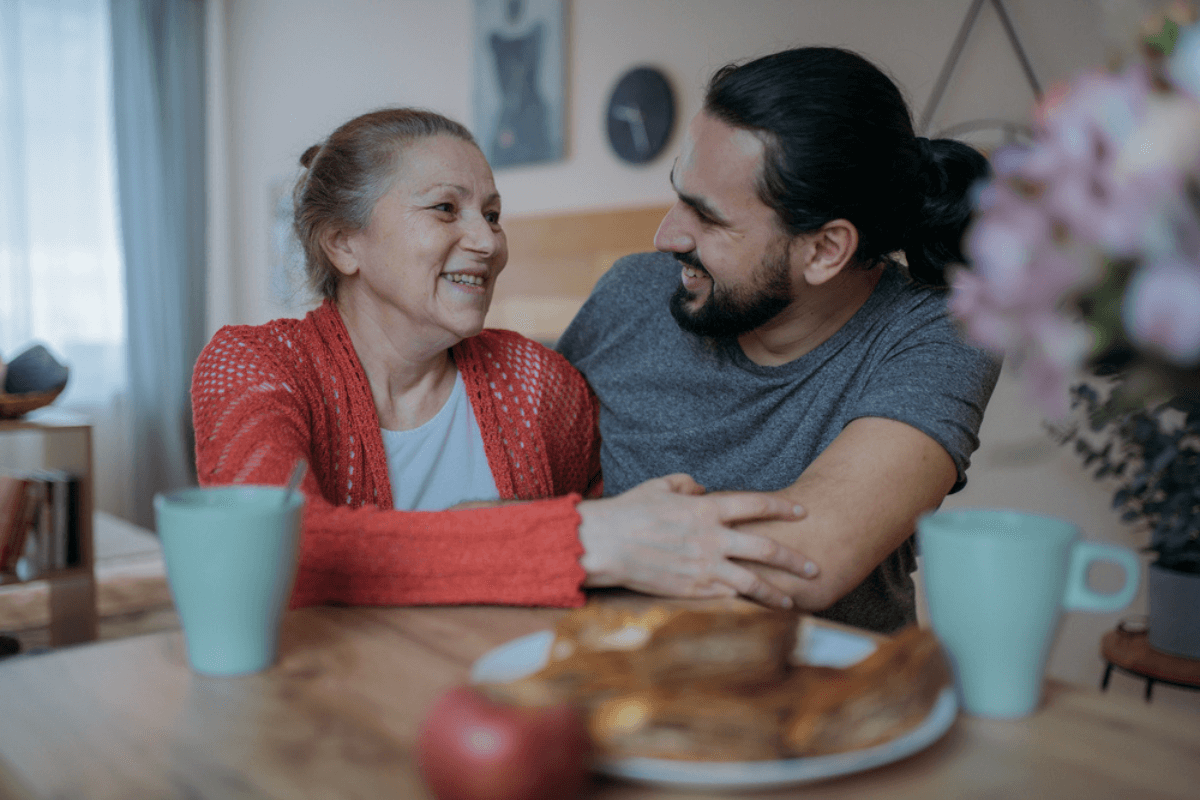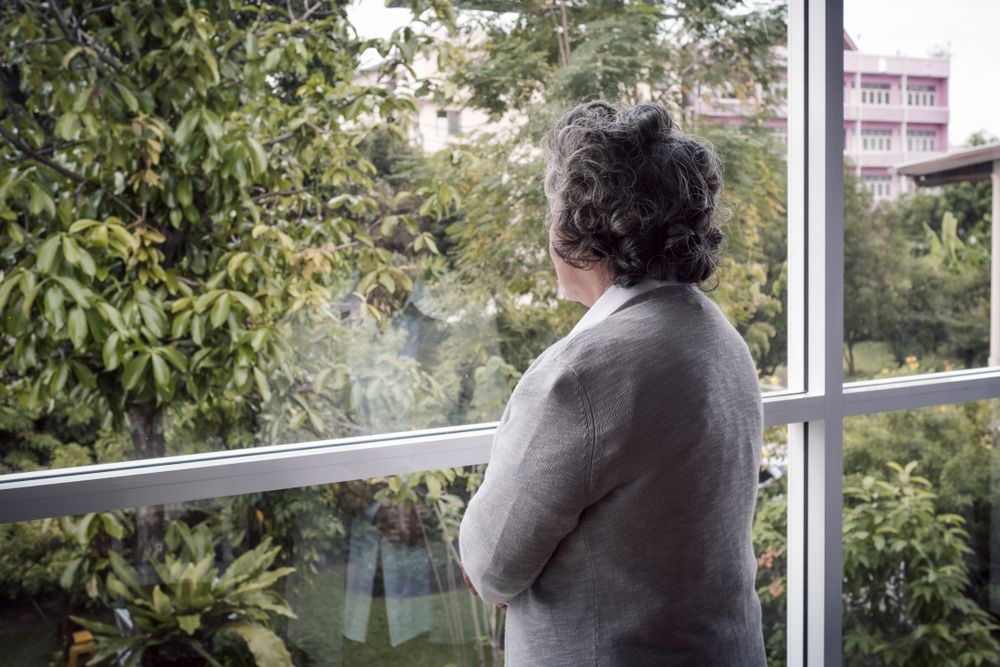When your children grow up, it’s natural for your relationship with them to change.
However, if you’re arguing or experiencing conflict with your grown children, it can feel upsetting. You may feel disrespected or that your wants and needs aren’t being honoured.
In this blog post, we offer some tips on resolving conflict between you and your adult child, as well as how to identify elder abuse.
Find a safe time and place to chat
Time and place are critical when having a difficult conversation.
It’s ideal to start the conversation when both of you have enough time so that nobody feels rushed.
Sensitive conversations should be had somewhere private and comfortable for both parties. You may prefer to speak somewhere neutral, like a café or on a park bench, instead of one of your homes.
Communicate your feelings
Here are a few tips for healthy, effective communication:
- Calmly explain how you feel about the situation
- Aim to resolve the issue, not to be right or to win
- Actively listen to what the other person has to say
- Be aware of your nonverbal cues, such as gestures and facial expressions
- Write down everything you want to say ahead of time to help your chat be more effective
- Use “I” statements to avoid accusation – “I feel upset…” rather than “You make me upset…”
Here is a resource about positive communication with family members.
Exchange perspectives on the situation
Take the time to calmly explain how the conflict is affecting you. Listen and pay attention to your adult child’s point of view, too.
By having an open, honest conversation, you may learn something new about each other and can make headways in resolving your disagreement.
Set healthy boundaries
Boundaries establish how you’d like to be treated by others and how much you’re comfortable contributing to a relationship. They protect us emotionally, mentally, and physically.
Boundaries can be based off other people’s behaviours which make you uncomfortable. These behaviours may include unexpected visits to your home, phone calls at inappropriate times, or being asked to borrow money.
Examples of boundaries with adult children may include:
- Asking them to let you know at least a day before visiting
- Outlining a schedule of when you’re able to take phone calls
- Setting a limit on how much you will financially support them.
Compass offers a guide on setting boundaries with adult children and grandchildren.
Know your worth
Self-compassion can protect your mental health when you’re in the middle of a conflict with your adult child.
Your value doesn’t change because of your age or because your children are adults now. In fact, age brings many strengths, like wisdom and experience.
Your age is no excuse for someone to treat you differently – the mistreatment of older folks because of their age is called .
Attend family mediation
Mediation is a professionally guided meeting which helps families when they are arguing or having problems.
Family mediation provides an opportunity for open, honest conversations in a safe environment under the guidance of a mediator. Families can learn healthy ways to manage disagreements and develop plans to move forward from problems they may be having.
You can learn more about family mediation for older people and their families in our blog post, What is family mediation?.
Recognise the signs of elder abuse
If you feel unsafe doing any of the recommended conflict resolution tactics above, it’s important to learn the difference between a typical disagreement and elder abuse.
Adult children of the elderly victim are the most common perpetrators of elder abuse.
You may be experiencing elder abuse if:
- You are afraid or anxious around your adult child
- You need to ask permission from your adult child
- Your adult child is using threats or physical violence against you
- Your adult child is coercing you into responsibilities like babysitting
- Your adult child controls your finances or your access to medical care
- Your adult child is manipulating your relationship with your grandchildren.
You can learn more about abuse against older folks on our Understanding Elder Abuse page. The Elder Abuse Prevention and Support Service (EAPSS) is here to support seniors in Queensland.
If you or an older person you know are in a conflict with an adult child, our experienced counsellors are here to help. We can help you explore your concerns and possible solutions in a safe, supportive environment.
You can learn more about our Senior Relationship Mediation Service here, or by calling 1300 063 232.









